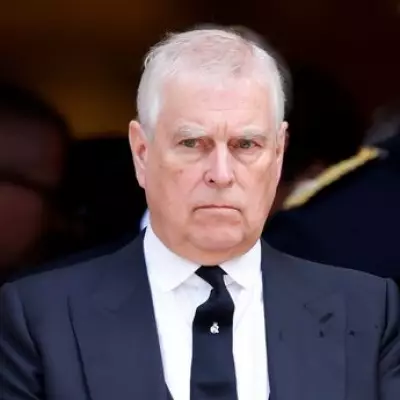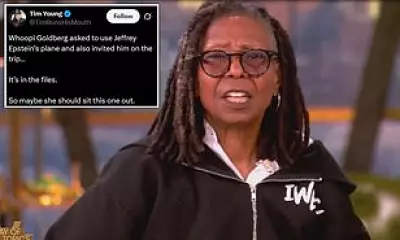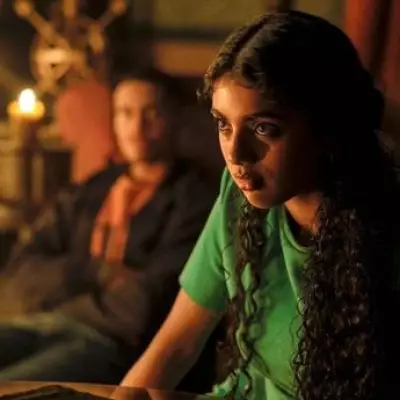
BBC Breakfast has found itself at the centre of a fresh impartiality row after two of its star presenters were accused of conducting a 'patronising' and 'unprofessional' interview with a government minister.
Viewers flooded social media with criticism after Charlie Stayt and Naga Munchetty grilled Treasury Minister Gareth Davies on Monday morning's programme. The interview, which quickly turned contentious, has been labelled as 'awful' and 'rude' by those watching at home.
The tension was palpable from the outset when Stayt interrupted the minister mid-answer with a sarcastic remark about his suit. "You’re very smart. I’m sure you were pre-warned about all these questions," Stayt quipped, a comment that many perceived as dismissive and designed to undermine the minister's credibility.
Munchetty then intensified the pressure, repeatedly challenging Mr. Davies on the government's economic record and pressing him on whether he was 'comfortable' with the current fiscal policies. Her persistent line of questioning, refusing to accept his answers, was singled out by many as particularly aggressive.
The backlash was swift and severe on platforms like X (formerly Twitter). One viewer declared the segment "one of the worst interviews I’ve ever seen," while another accused the presenting duo of "bias and contempt." A recurring theme among the criticism was the perception that the hosts were not seeking information but were instead aiming to embarrass their guest.
This incident is not an isolated one for the BBC flagship morning show. Both Stayt and Munchetty have previously been criticised for their interviewing style, raising ongoing questions about balance and professionalism on the programme. The corporation has long been a target for accusations of bias from both sides of the political spectrum, and this latest controversy is sure to fuel that debate further.
As of now, the BBC has not issued an official public statement regarding the specific complaints about this interview. The incident underscores the intense scrutiny faced by public service broadcasters and the fine line journalists must walk between holding power to account and maintaining impartiality.





